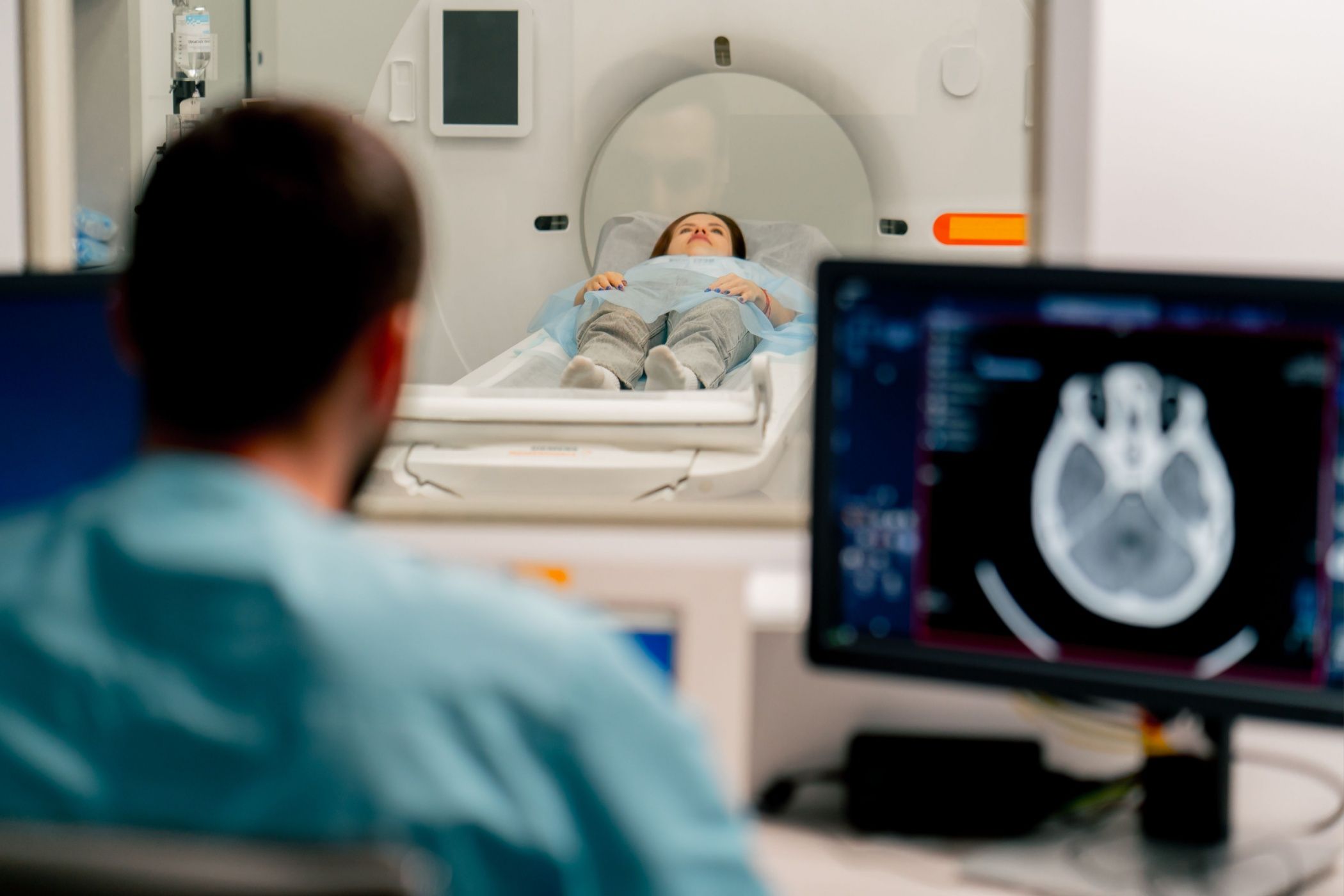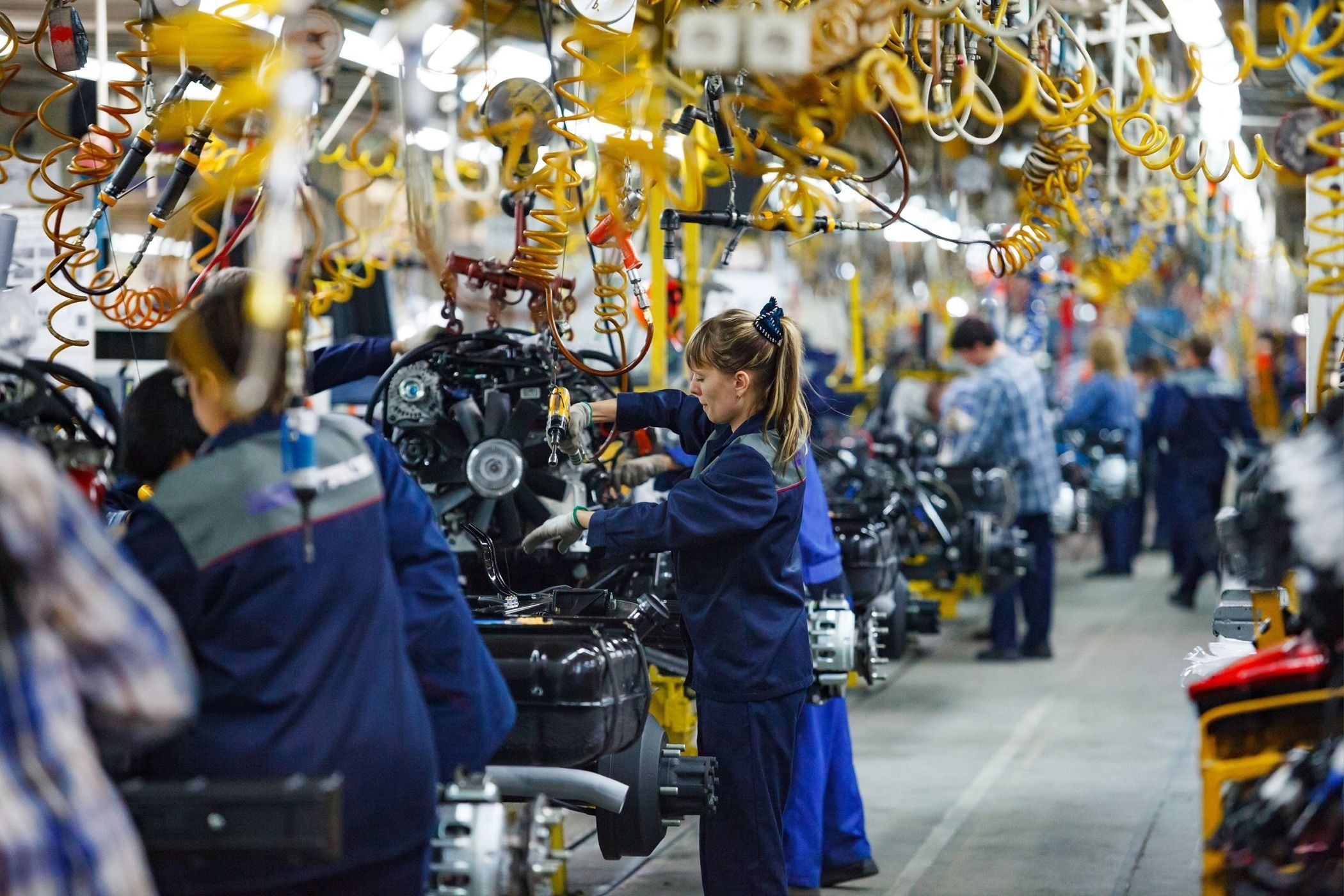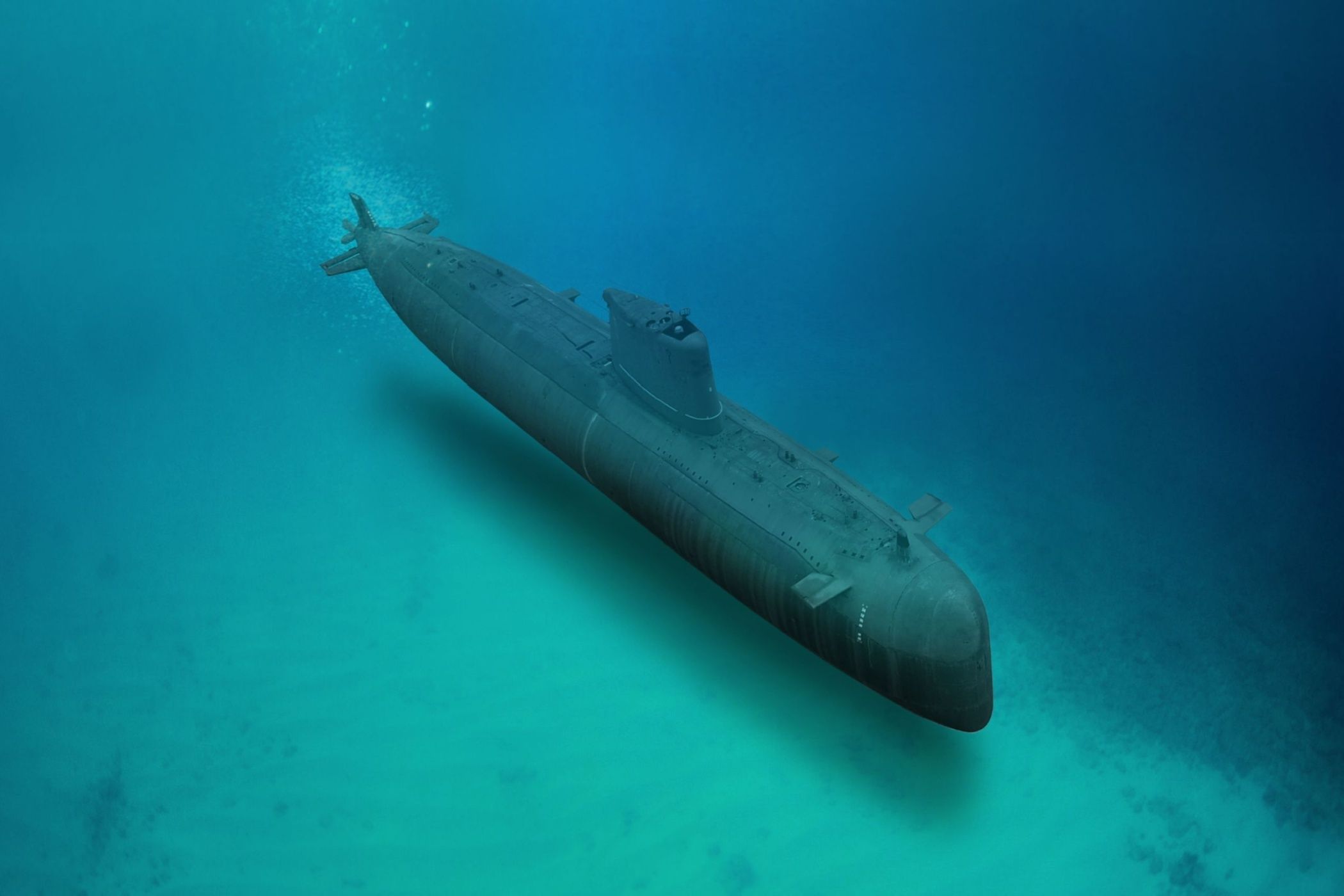
Windows XP is well over two decades old, and it's been unsupported by Microsoft for a decade, but there are still devices you encounter every day that are likely to still run some form of XP!

In many parts of the world, cash itself is starting to feel a little outdated, so depending on where you live, you may not have much interaction with ATMs. However, in 2020 a study found that most ATMs were still running WIndows XP. You'd think that in the years since this would no longer be the case, but you can bet there are still some ATMs running this now-ancient code.

While plenty of medical lab and diagnostic equipment runs some flavor of Linux, lots of gadgets in your hospital are likely still running Windows XP. Most of these are probably not networked, and just spit out prints of some sort for a specialist to look at, but it does raise some questions about personal data safety, since someone getting direct access to these systems could compromise them.
Like other large bureaucracies, hospitals take a long time to upgrade or replace equipment. Budgets are tight, and there's always some sort of emergency, so I can totally understand why a perfectly working MRI machine or blood testing system in the lab would be far down the list of things to spend money on.

Point-Of-Sale or POS systems are used to manage sales in a business. It's the software that runs on the computer the cashier uses to ring up your purchases. This is another type of device you probably encounter that has a good chance of still running Windows XP.
It's more likely to be the case in a small business, where there's no reason to upgrade and the cost of a new POS system is a big deal, but don't be surprised if some larger outlets are still stuck using this older OS, since the cost and complexity of replacing something that still works is hard to justify in many cases.

Industrial control systems operate and monitor large systems like nuclear power plants, automated production lines, water purification plants, and so on. Windows XP might still be used in some of these large systems for a few reasons. For one, many of these systems can't be taken offline for long, since they provide critical services or goods. There may also be a massive loss of income if they go offline to be updated. Especially given how there are likely to be bugs in new software and operating systems. It might also be necessary to replace perfectly working hardware to work with new software.
Upgrade plans for major industrial systems can take years to plan and execute, and if everything is working just fine, there's little incentive to do it. Many of these systems aren't even connected to outside networks.
This is why it was necessary to sneak USB drives into facilities to infect them with malware like Stuxnet. This is a practice known as "air-gapping" and if your system doesn't need to be online, it shouldn be seen as a basic security measure.

You've probably spotted a trend here, but public transport is another massive, entrenched system that's hard to upgrade or halt. In 2019, for example, the fare kiosks in Boston were still running on Windows XP and I can't find any subsequent announcements that this has changed. At the time, a spokesperson for the transport authority explained that there was no security issue in their eyes simply because the kiosks run on a closed network, but, of course, that still leaves physical access as one avenue for hackers.

在最后一篇文章的序言中,我会说世界各地的军队通常不会谈论其 IT 系统的具体细节。因此,获得有关 Windows XP 是否仍然在军用计算机中占据主导地位的最新报告非常困难。然而,2016年,美国军方仍在努力摆脱XP。因此,对于这个庞大组织的某些部分仍在使用 Windows XP,我不会感到惊讶。 2018 年,军方仍在为淘汰 XP 争论不休,因为一些关键任务系统无法在一夜之间更新,比如 iPad。
虽然 Windows XP 仍然运行在任何重要的设备上似乎有点愚蠢,但请记住,美国军方在 2019 年才宣布停止使用 8 英寸软盘。许多大型组织正在支付巨额费用大量资金用于 Windows XP 的私人扩展支持,而在其他情况下,这些系统没有连接到任何东西,更不用说连接到开放网络了。不过,就我个人而言,我认为这可能是 XP 的痛苦结局,但我不会为此投入任何资金!
The above is the detailed content of 6 Things You Won\'t Believe Still Run Windows XP. For more information, please follow other related articles on the PHP Chinese website!
 What are the methods to implement operator overloading in Go language?
What are the methods to implement operator overloading in Go language?
 How to solve the problem that Ethernet cannot connect to the internet
How to solve the problem that Ethernet cannot connect to the internet
 How to create a new folder in webstorm
How to create a new folder in webstorm
 How to call external js in html
How to call external js in html
 C# Tutorial
C# Tutorial
 Introduction to laravel components
Introduction to laravel components
 Convert text to numeric value
Convert text to numeric value
 word insert table
word insert table




